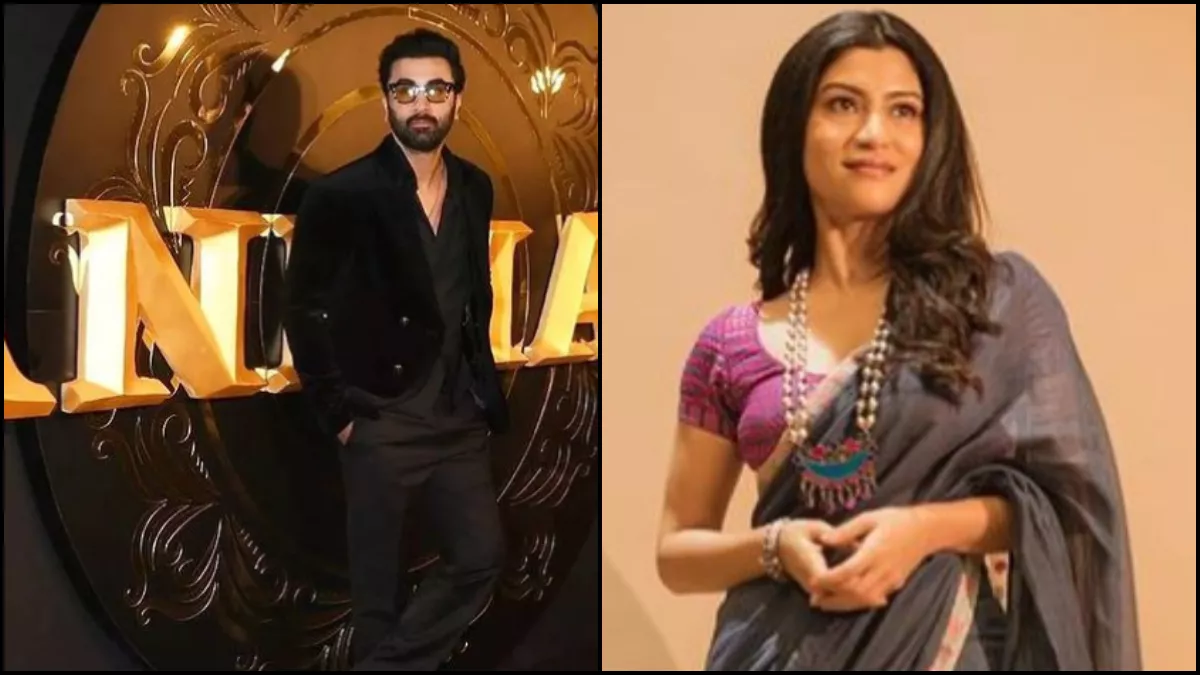Konkona Sen Sharma, known for her acclaimed roles in films like “Mr. and Mrs. Iyer” and “A Death in the Gunj,” has offered her unfiltered opinion on Ranbir Kapoor’s film “Animal,” directed by Sandeep Reddy Vanga. In a recent interview with Smita Prakash Clips on an ANI Podcast, she stated that the film, shrouded in toxic masculinity, is “not her kind of film.”
“From What I Understand…”: Reservations and Artistic Choice

While acknowledging her awareness of Vanga’s previous work and the film’s general premise, Sharma clarified that she hasn’t watched “Animal.” Her decision stems from a lack of personal interest in the film’s content, as she explained:
” I don’t mind seeing violence on screen as long as there’s a compelling cause for it. For example, I don’t mind seeing sex, but I don’t want to be there simply for it. I don’t want to witness violence for the sake of violence. There must be a reason why it’s in the picture, whether it ties to the character, the storyline, or anything; it has to justify itself. One thing is certain. What is its purpose? What is the director’s intention?”
Sharma’s statement doesn’t delve into specific criticisms of “Animal” but raises questions about the film’s genre and target audience. She further added
“But, from what I gather, and I might be wrong, I have not seen Animal because it does not appeal to me. Even after reading the reviews, I’m not very drawn to it. Also, I am aware that the director stands by his earlier work, where he praised stalking and made certain violence in relationships acceptable, and that is not what I stand for. If someone does it correctly, I don’t mind seeing it. But that isn’t what I’ve heard. And I don’t believe I am the intended audience. There are millions of people watching it. Therefore, it’s doing great; they don’t need me.”

Beyond Personal Preferences: A Broader Conversation
Sharma’s comments, however, go beyond personal preferences. They contribute to a more extensive discussion about artistic expression, audience expectations, and the responsibility of filmmakers. By openly stating that “Animal” doesn’t resonate with her, Sharma highlights the diverse range of cinematic experiences and the right of viewers to choose what they engage with.

This open dialogue surrounding “Animal” also sheds light on the film’s potential impact. Its raw and unapologetic portrayal of human emotions may draw some, while others might find its themes unsettling or triggering. Sharma’s voice adds to this discourse, reminding us that artistic choices have consequences, and audiences deserve to be informed and empowered when making viewing decisions.



